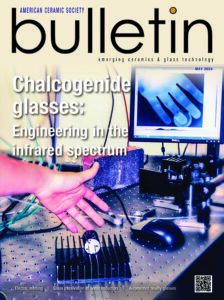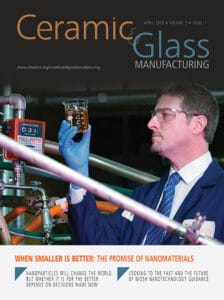JUDY JEEVARAJAN, Ph.D.
Vice President and Executive Director
Electrochemical Safety Research Institute (ESRI)
UL Research Institutes
SHORT BIO
Dr. Judy Jeevarajan is the Vice President and Executive Director for the Electrochemical Safety Research Institute (ESRI) at UL Research Institutes (ULRI). With more than 27 years of experience in the area of batteries and a primary focus on the lithium-ion chemistry, she specializes in battery safety research, including safety trends in aged li-ion cells and modules, thermal runaway propagation in lithium battery systems, characterizing fire and fire suppressants for li-ion batteries, and consumer battery safety.
Dr. Jeevarajan serves in the Technical Working Group for standards organizations such as UL Standards & Engagement (ULSE), Society of Automotive Engineers (SAE), International Civil Aviation Organization (ICAO)/Society of Aerospace Engineers (SAE), International Electrotechnical Commission (IEC), and American National Standards Institute (ANSI).
From 1998 until 2003, Dr. Jeevarajan worked for Lockheed Martin Space Operations at the National Aeronautics and Space Administration (NASA) Johnson Space Center (JSC) in Houston, Texas. In 2003, she started her work as a NASA civil servant, serving as the Group Lead for Battery Safety and Advanced Technology.
Dr. Jeevarajan has several awards to her credit, including the noteworthy NASA Exceptional Service Medal and NASA-NESC Engineering Excellence Award. She has been an active advocate of battery safety at conferences. She continues to contribute to several journal publications and articles.
She earned her Ph.D. in Chemistry (Electrochemistry) from the University of Alabama in Tuscaloosa (1995) and holds a Master of Science in Chemistry from the University of Notre Dame (1991).
Title: Materials and Designs to Mitigate Thermal Runaway Propagation in Lithium-ion Cell and Battery Shipments
Abstract:
Since the commercialization of lithium-ion batteries in the 1990s, this chemistry has grown from powering small low voltage low-capacity devices to kWh and GWh size batteries used in electric vehicles and stationary grid energy storage systems. Along with the advantages, comes a major concern due to their propensity to go into thermal runaway and experience venting, fire, smoke or any combination of these. Propagation of thermal runaway and fires have caused larger concerns as it leads to catastrophic results. ULRI-ESRI has been a member of the SAE G27 committee that is writing a standard for safe transportation of lithium-ion cells and batteries and has extended their research to not only characterize thermal runaway and its propagation characteristics but also to find ways to mitigate the propagation of thermal runaway. Several materials and designs including containers were studied to determine the efficacy of preventing propagation or containing it. The characterizations included understanding the fire containment properties, the ability to prevent propagation of fire and thermal runaway as well as the ability to absorb heat in an efficient manner. Our research studies on various materials and designs to determine their efficacy in preventing the propagation of thermal runaway in lithium-ion cells and modules as prepared for shipment will be presented.
Subscribe to Ceramic Tech Today

Don’t miss the latest ceramic and glass materials news. Receive the CTT newsletter to your email three times a week by subscribing at this link.
Subscribe to Ceramic & Glass Manufacturing Weekly

Don’t miss the latest ceramic and glass business news. Receive the C&GM Weekly newsletter to your email every Monday by subscribing at this link.


